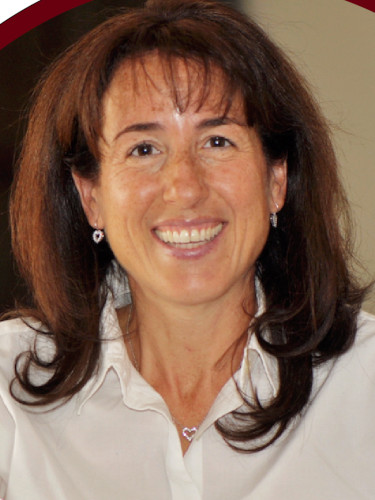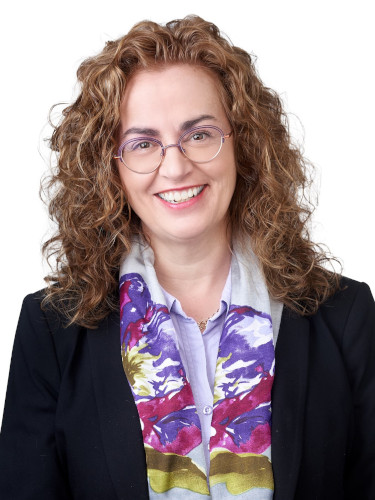Mention “client retirement” to family office advisors and they’ll likely laugh. That’s because so many matriarchs and patriarchs struggle with the idea of retirement—with the notion of truly calling it a day and passing the reins to whoever’s next.
“It’s very challenging for them to even think about retirement—never mind retiring,” says Russel Baskin, family business consultant and coach with Trella Advisory Group in Toronto.
“Leisure may sound good, but you know, after a year or so, that’s not going to [suffice], and that is the most challenging thing.”

Danielle Saputo, a legacy coach and family advisor in Peterborough, Ont., says that for many of her clients there’s a more subtle pulling-back on day-to-day operations and a refocusing on new priorities.
“It’s that shift in energy that sort of says, ‘Hey, what would you like to do more of these days?’” she says.
Some clients may suddenly consider more frequent trips to holiday homes instead of the office. Or fewer meetings. Or they’d like to figure out what their next project will be.
“It’s the evolution of the ever-changing life cycle, making space for the next individual,” she adds. “Because they come from affluence, it’s defining what that next stage is.”
Most “retiring” clients already have solid financial advisors who are focusing on tax-efficient wealth transition and creating a positive impact for future generations, says Baskin. But many need clarity and guidance about legacy planning and the passing on of family values and intentions. It’s with these goals that they need assistance through strategic conversations.
Once that conversation happens, says Moira Somers, founder and chief learning officer at Blackwood Family Enterprise Services in Winnipeg, “skilled advisors are there not to tell them what to do, but to be able to create space for that conversation.”
In order to talk about transitioning your wealth and retiring, you have to move your consciousness closer to the fact that you’re not going to live forever.
Russel Baskin, Trella Advisory Group
A new chapter
Family office advisors need to prepare clients for retirement by initiating dialogue about this phase of life, says Somers.
“Advisors have a huge role to play in beginning to prime the pump of the questions that are vital to be asked,” she says. Part of that process includes helping set priorities and new goals, establishing boundaries and setting parameters for that they want their life to look like.

Saputo says that for most clients, money concerns have already been taken care of by investment advisors. “They’ve already looked at their investment portfolio, and they’re already understanding cash flow needs,” she adds. Many have a goal-oriented investment portfolio that accounts for their aspirations at different stages of life.
In retirement, the focus needs to shift to personal desires and goals, says Somers.
“It’s really easy to do the numbers part of retirement, but all decisions go through the personal side,” she says. “So if you haven’t touched people’s hearts and minds, it doesn’t matter how great the technical planning has been.”
The first order of business is to determine whether a client has a succession plan, she says. “To whom are they ceding decision making, authority and control?” she says. “Are they even interested in opening up a new chapter altogether?”
Often, there are “assumptions and expectations that remain undeveloped within the individual and unspoken within the family system, and that’s where things really start to get problematic,” Somers adds. By talking about their true priorities, advisors can help them formalize those goals—and let other family members know their intentions.
Philanthropy often pushed to the side
Discussing philanthropic aims is also key at this point, says Spencer Mellace, vice-president, corporate development and advisor, at Blackwood Family Enterprise Services.
Business owners have often pushed philanthropy to the side due to more pressing concerns, he adds. “They can be frustrated that they don’t have the space of mind for that. But often they’re ready for it.”
Somers says that making clients aware of how their skills align with a variety of philanthropic ventures is key in making a philanthropic leap. They might mentor business students from a university or employ their skills in an organization.
“It’s doing things that allow that existing expertise to be used in ways with people who really welcome them, and seeking out new opportunities to leverage existing strengths without having to start a new hobby,” Somers adds.
For serial entrepreneurs who can’t retire, Baskin says, starting a foundation can be a good option, or setting up a family council that requires the involvement of multiple family members.
Wealth stewardship is another area where many clients need advice, says Baskin. Among the topics are estate planning, designing trusts or deciding how a client’s estate will transition and whether they want to give wealth away while they are still alive.
Contemplating the end

Baskin says that although business owners may know what their values are, they may not have discussed them with younger generations. This might require an advisor facilitating strategic conversations with their family, to ensure everybody understands the patriarch or matriarch’s intentions and how other family members will be involved in the future.
“It’s a difficult topic to be talking about, because in order to talk about transitioning your wealth and retiring, you have to move your consciousness closer to the fact that you’re not going to live forever,” says Baskin.
But she says business owners need to know what is going to happen when they’re no longer here. This might include appointing powers of attorney, discussing their will and making wishes known regarding end-of-life care.
For Somers, the important thing is fostering human connections—within the business and outside it, as well.
“As advisors, we have to be willing to hear their story and hear what they want to do,” she says. “Numbers can be important, but they become less important, particularly with enterprising families and family offices.
“It’s more about some of the things that we think of as intangible—the human relationships.”
The Canadian Family Offices newsletter comes out on Sundays and Wednesdays. If you are interested in stories about Canadian enterprising families, family offices and the professionals who work with them, but like your content aggregated, you can sign up for our free newsletter here.
Please visit here to see information about our standards of journalistic excellence.



